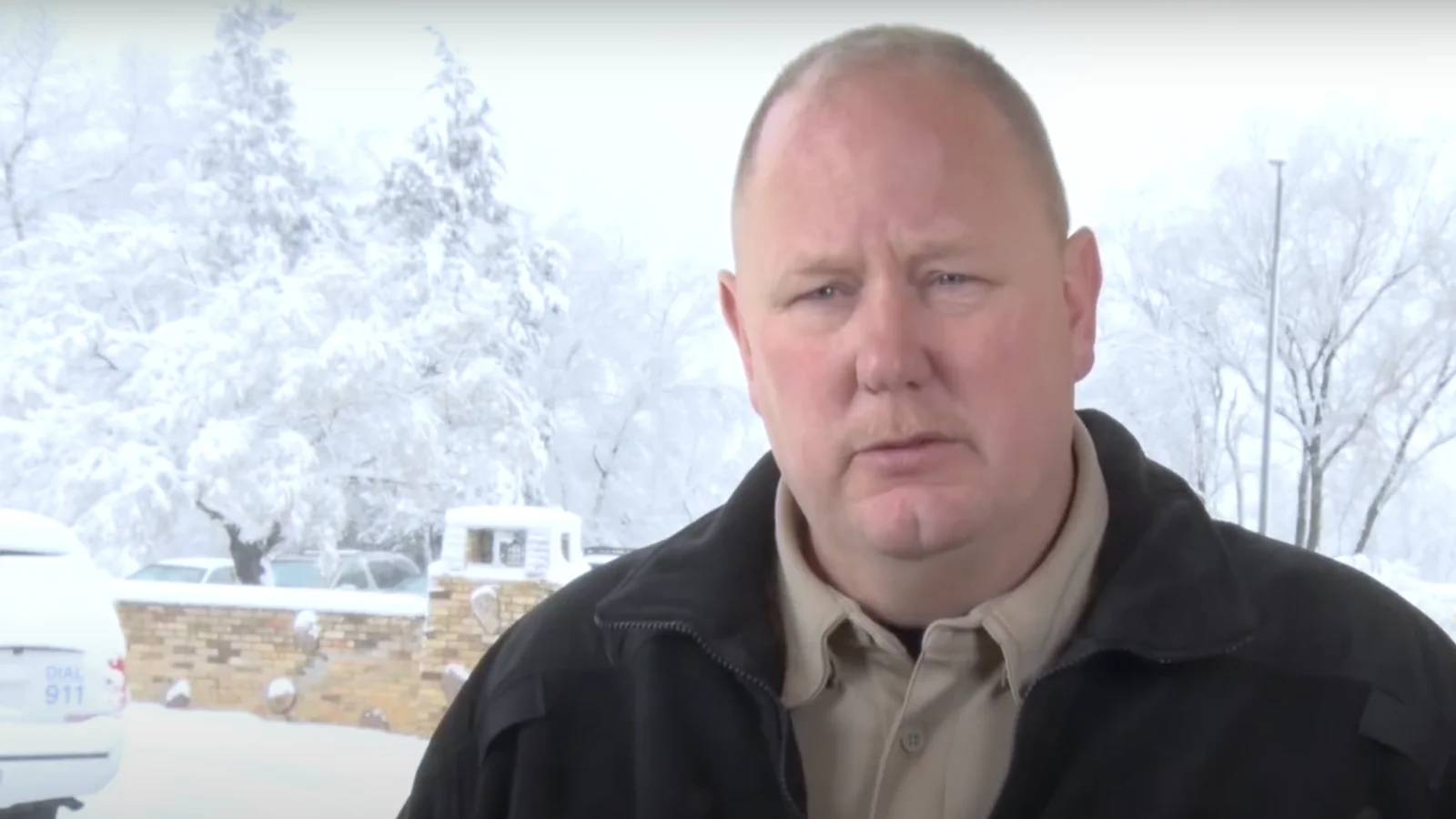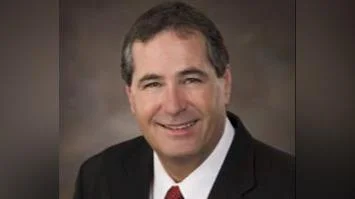Morton County Sheriff Kyle Kirchmeier | Youtube - Morton County
Morton County Sheriff Kyle Kirchmeier | Youtube - Morton County
Eight years after the 2016 Dakota Access Pipeline protests, local law enforcement continues to address safety concerns stemming from when protesters doxed officers by publicly releasing their personal information, including names, birth dates, and home addresses.
This move by the "#NoDAPL" protesters exposed officers from both the Morton County Sheriff's Office and Bismarck Police to harassment and retaliation, with some even having their credit card information hacked.
Morton County Sheriff Kyle Kirchmeier, who oversaw law enforcement efforts during the protests, said the harassment that followed remains a serious concern as officers were subjected to phone calls, uninvited visits to their homes, and other forms of intimidation after their personal information was leaked to the public.
“Officers can be affected by different levels of nuisance,” Kirchmeier told Central ND News. “These acts constitute serious intimidation and harassment of officers and their families, and can cause concern for safety and mental distress.”
Kirchmeier said that while he has not experienced long-term emotional effects from the doxing, it sets a dangerous precedent for future protests.
“It is a tactic used by individuals who think they can make a difference in whatever their cause is,” Kirchmeier said. “Individuals identified who participate in doxing tactics can be charged criminally under various NDCC statutes, including terrorizing, harassment, and stalking.”
The North Dakota Century Code (NDCC) refers to a set of laws used to govern the state.
In response to the 2016 incident, law enforcement has implemented training to help officers potentially limit exposure of their personal information.
“Training has occurred with officers on ways to limit personal information, but it is up to each officer to decide what steps they feel are necessary to take,” Kirchmeier said.
While there have been no major updates on the 2016 incident, Kirchmeier said law enforcement remains focused on “maintaining situational awareness” of environmental issues in the region that could potentially affect officers’ safety in the future.
In the November 2016 press release about the doxing, law enforcement condemned the release of officers' private information.
“There is simply no possible reason for protesters to release personal information of our officers other than to facilitate harassment and intimidation,” Bismarck Police Chief Dan Donlin said at the time. “This type of activity is not ‘peaceful’ by any means. By releasing officers’ personal information, especially home addresses, these protestors are targeting, not just law enforcement, but their families as well.”
In the release, Kirchmeier called the incident "unconscionable."
Bismark Police did not respond to an interview request from Central ND News about the fallout from the incident. The police union also did not respond to the request.
According to reporting by the North Dakota political blog Say Anything, in the wake of the doxing incident, officers from Highway Patrol to sheriffs and police officers were advised by their bosses to remove their name badges when responding to protest activity. Additionally, law enforcement personnel were told to review their social media presence to prevent further retaliation by protestors.
North Dakota Response (ndresponse.gov) published a myth vs. fact factsheet regarding protest activities and subsequent law enforcement responses that addressed the threats made against officers.
"Myth: Law enforcement has used excessive or militarized force to combat protesters," the post reads.
The "facts" provided by law enforcement, read, in part, that "violent" protestors used "improvised explosive devices to attack police, use hacked information to threaten officers and their families, and use weapons to kill livestock, harming farmers and ranchers."
The ripple effects from the pipeline protests continue with a number of lawsuits still pending.
Last month, the Standing Rock Sioux Tribe filed a lawsuit in D.C. federal court against the U.S. Army Corps of Engineers, asking the court for an order to shut down pipeline until it fully complies with the Clean Water Act, National Historic Preservation Act and the 1868 Treaty of Fort Laramie.
North Dakota Attorney General Drew Wrigley's office filed its motion to intervene on Nov. 7, arguing that closure of the 1,174-mile-long pipeline would cause “immediate” fiscal harm to the state in the form of lost taxes and fees.
The State argues that it has significant environmental and economic interests in the litigation.
“(A)lmost 60% of the total of all tax and fee revenue received by the state comes from oil and gas extraction and production,” the motion states. “These revenues support programs from which all state residents benefit including education, health care, water resource management, law enforcement, roadways, libraries, veterans’ services, public housing, parks and recreation, and other public services.”
The North Dakota legal action is the latest in ongoing state and federal litigation over issues related to Energy Transfer’s pipeline and the destructive protests against its construction in 2016-2017.
In a federal lawsuit, the state argues that North Dakota should be compensated by the federal government to the tune of $38 million in damages resulting from law enforcement costs and property damage during the protests.
In addition, Greenpeace, a defendant in a lawsuit filed by Energy Transfer over the damage the company sustained during the demonstrations, is now trying to use a new European Union directive to dismiss the company’s litigation, which was filed in Morton County, N.D.






 Alerts Sign-up
Alerts Sign-up